Math is a subject that can get a bad rap with learners. Sometimes, students feel “smart” if they get the right answers, and they feel “dumb” if they get the wrong ones. It’s time to press pause and breathe humanity back into this powerful and exciting subject !
This workshop series shines a positive light on mathematics by introducing engaging and inclusive strategies that will show the joy in mathematics. Workshop leaders will discuss topics related to education technology, math pedagogy, DEI, and more that will show how math can be humanized in the classrooms. This cohort is open to all math content teachers, K-5 generalists, and district and county leaders specializing in mathematics.
Our Instructors
-
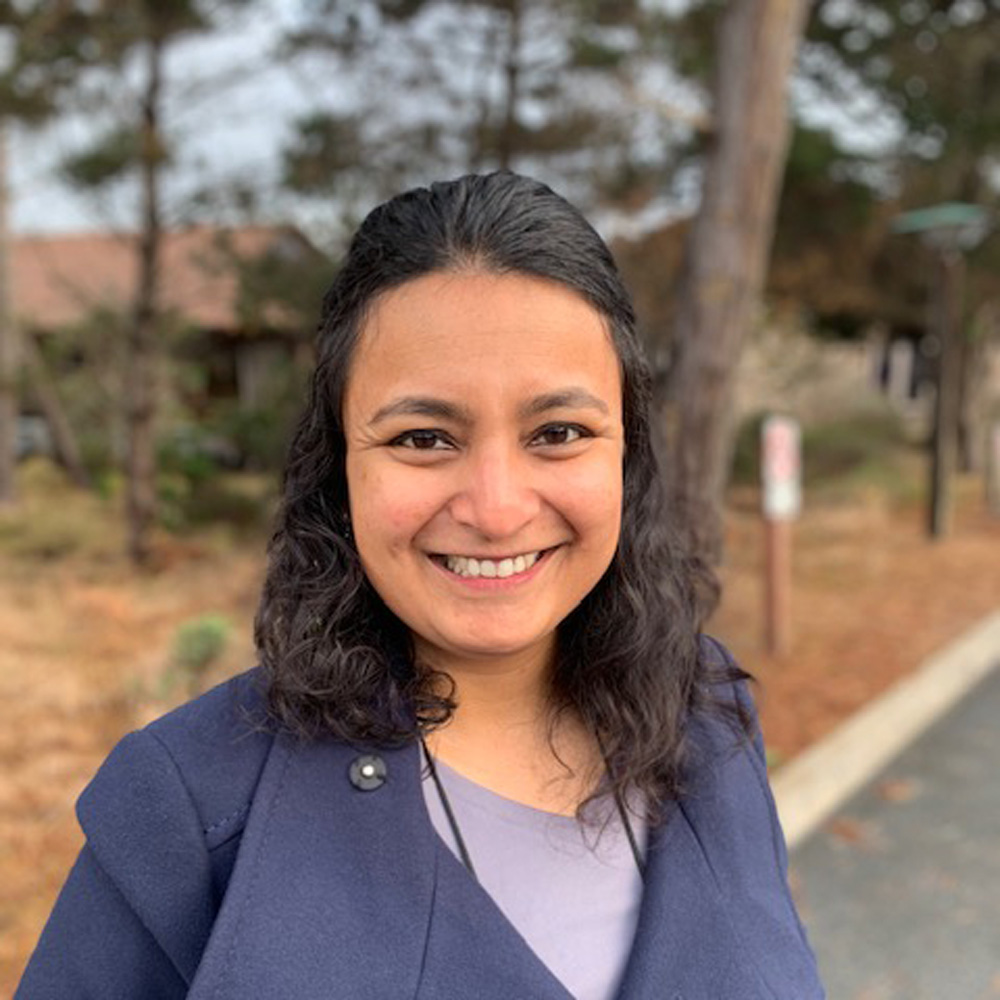
Sandhya Raman
Teacher, Department co-lead -
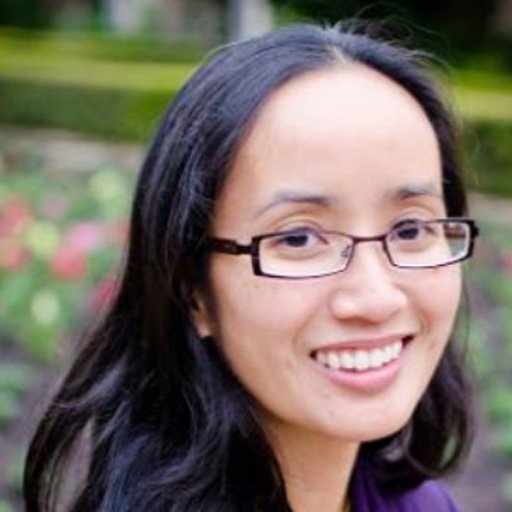
Genevieve Esmende
Math Teacher -
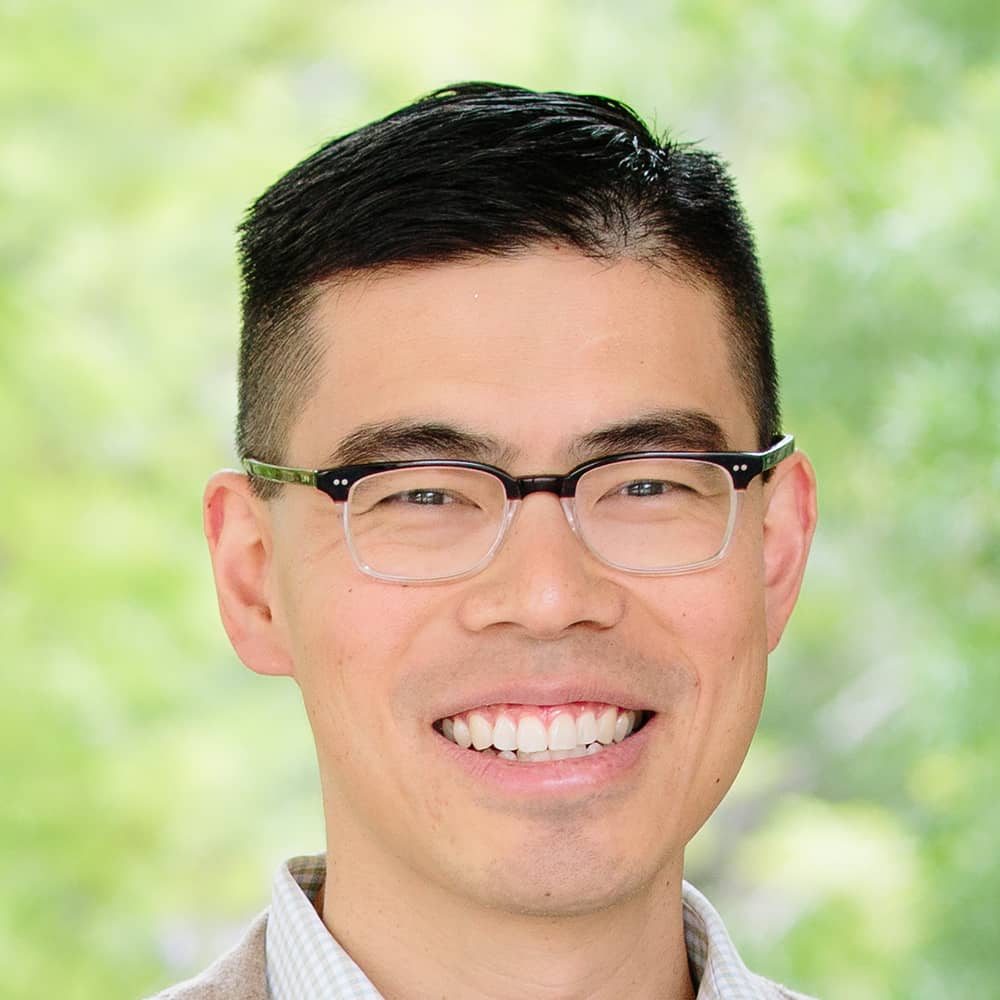
Darryl Yong
Professor -
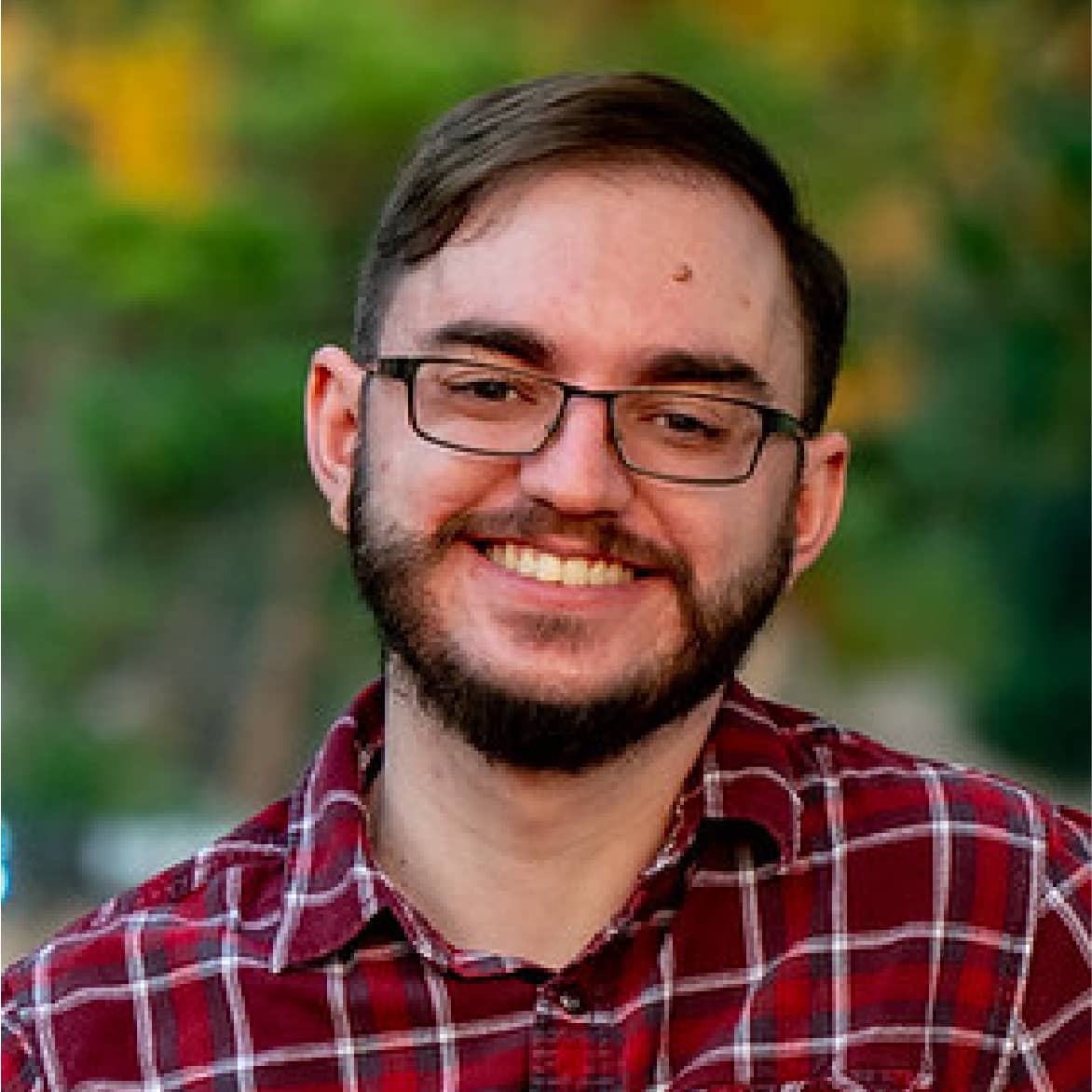
Daniel Kline
Executive Director -
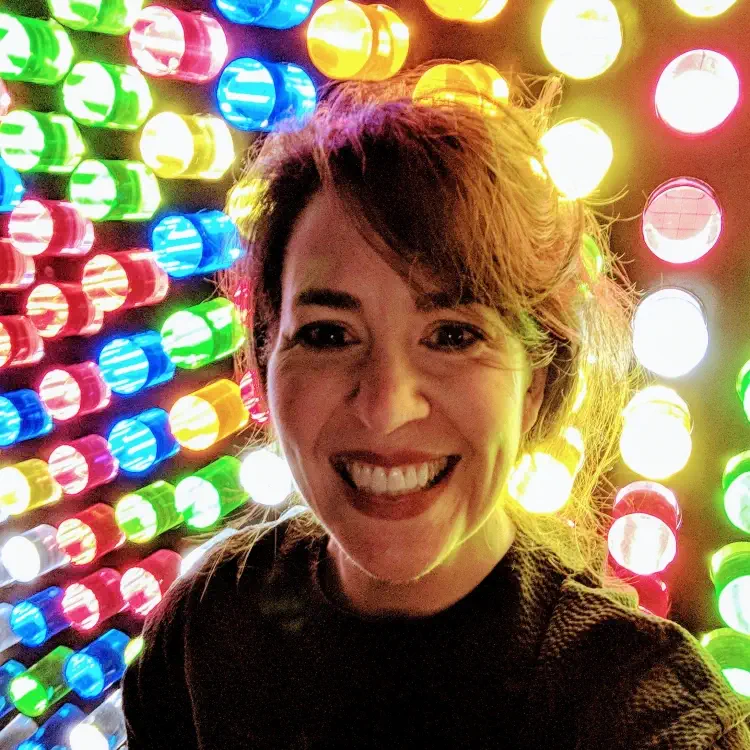
Kara Imm
Adjunct Assistant Professor
Session Topics
-
Using Cultural and Community Contexts to Teach Mathematics Using Social Justice
Presenter: Dr. Ma Bernadette Andres-Salgarino
Resources
Leverage students’ assets and cultures as contexts to teach mathematics! This session features strategies and tools for students to see themselves as agents and authors of their learning and able to recognize the value of mathematics to make sense of and critique the world.
Quotes/Testimonials
"I think this could be a great workshop for a school or district who have a true interest and commitment to making math more human centered." -
Experience the Joy of Math with MATHCOUNTS Math Club
Presenter: Genevieve Esmende
Resources
MATHCOUNTS Math Club is for grades 4-10 to build confidence, develop problem-solving skills and make learning math fun and challenging for all students. Experience how the math club resources help develop skills and a positive attitude towards math.
Quotes/Testimonials
"The games shared were so engaging!” “I can use the games and problem solvers for enrichment in class." -
Using Empathy Interviews to Redesign Math Classrooms
Presenter: Dr. Kara Imm
Resources
Kara will situate empathy interviews in a larger frame of design thinking and explain their purpose. Then, we will explore how empathy interviews can radically change our understanding of students’ experiences of math class and how we might (re)design for them. Participants will get to study a few vivid examples of what empathy interviews look like and sound like, and be offered resources for facilitating them in their own classroom spaces.
Quotes/Testimonials
"This was a great session." -
Teaching as Principled Improvisation
Presenter: Dr. Darryl Yong
Resources
A very common teaching routine involves posing tasks to students, monitoring their progress, and providing support as students tackle those tasks. The monitoring and supporting phases of instruction are often highly improvisational because they are less scripted and more dependent on what students do and say. What principles guide you during these phases of instruction? How can we work toward greater mathematical understanding, greater equity and inclusivity in our classes during this phase of instruction?
Quotes/Testimonials
"This session got me reflecting on my teacher moves and being more conscious on how it affects my students learning and how they see themselves as a math person." -
Making Math a Festival: How to Build Fun Math Communities in Your Classroom and Beyond
Presenter: Daniel Kline
Resources
What does fun math look like? What if I don't have time to do fun math? What if I don't have the resources to do fun math? These have always been challenging questions, but because of COVID, it's harder than ever to create joyful and collaborative math communities for our young learners. JRMF provides low-cost, accessible, and stress-free resources to bring fun math into the classroom and share it with your larger school community. At our session, you'll get hands-on experience with one of our favorite, mathematically-rich puzzles. After playing through our puzzles yourself, we'll give you the skills and resources you need to use our puzzles with your students the very next day.
Quotes/Testimonials
"The session provided concrete resources that I can implement in my classroom immediately." -
N-Gauge in Mathematical Conversations
Presenter: Sandhya Raman
Resources
Mathematics is traditionally seen as an independent learning - sided away from history, politics and social aspects of life, including debates, arguments and disagreements, which are basic to human nature and many other subjects in education. As educators, we continue to bring in social aspects of life into our pedagogy to transform our learners. This workshop series is an endeavor to share experiences, processes and collaborative efforts to empower our learners as social thinkers and doers of mathematics. A focus of social highlights versus deficit thinking, this workshop will also address education technology, math pedagogies, DEI while humanizing mathematics in classrooms.
Quotes/Testimonials
"Sandhya shared an amazing list of engaging activities to get students to talk and think about math."
